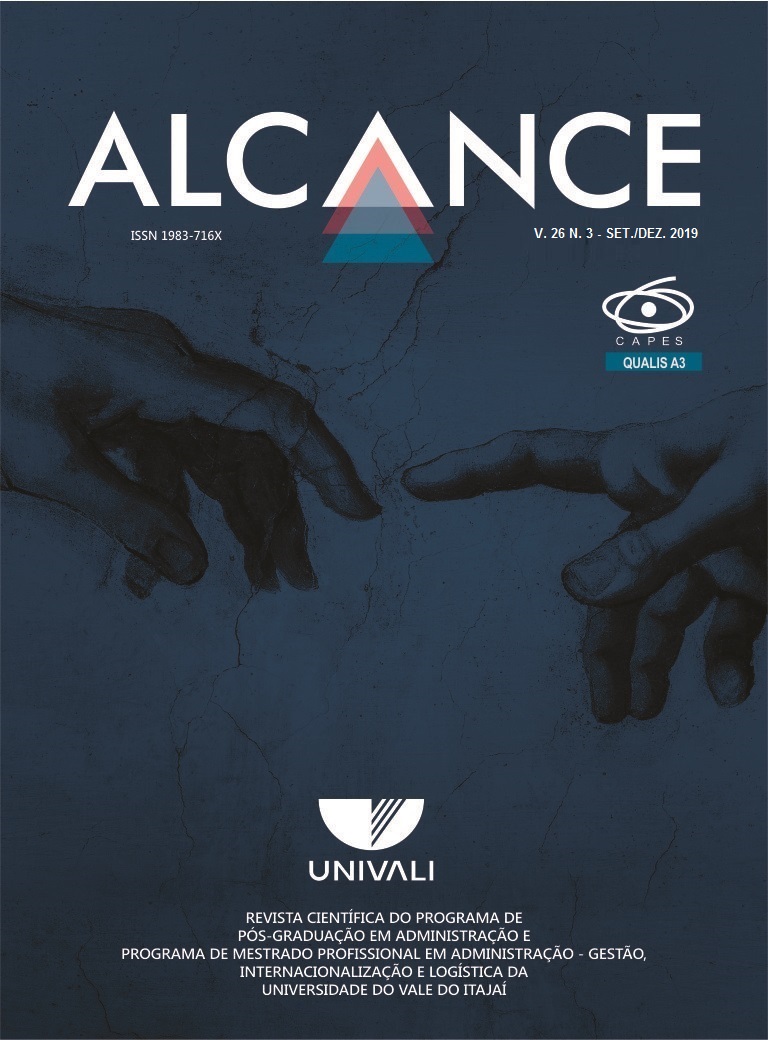ENVIRONMENTAL TRAINING NEEDS ASSESSMENT: A STUDY OF THREE COMPANIES IN THE BRAZILIAN CHEMICAL SECTOR
Published date: 25/11/2019

The aim of this article was to analyze the alignment of Environmental Training Needs Assessment (TNA) process in three large companies in the Brazilian chemical sector, for which sustainability is a strategic factor of competitive advantage. This study is justified by the need to deepen studies on the role of TNA, as a theme on which there are few studies aligned with the organizational goals and strategies, focusing on the environmental dimension of sustainability in the context of the Brazilian chemical sector. We used the qualitative research approach, with multiple case studies based on triangulation of sources of evidence. The results confirm that the systematization of environmental training needs assessment, through its individual, group and organizational comprehensiveness and the use of proactive approaches, can potentiate the development of individual competences essential to sustainability, based on the skills gaps identified. The managerial contributions are related to the description of the TNA phase developed by the companies studied, which can serve as a benchmark for other companies in the sector. It also presents the companies studied with an opportunity to improve their process. In the academic context, it is hoped that this work will contribute to research on the comprehensiveness of the approaches to environmental training needs assessment, furthering research on these themes.








